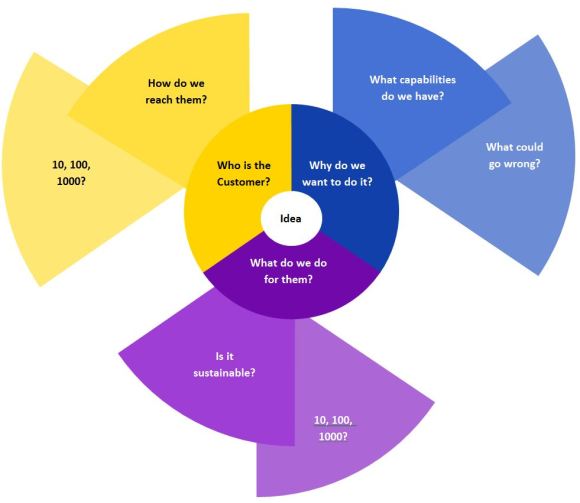So I’m rapidly approaching the end of the MBA and that’s pushed a whole new challenge to the fore; the job-hunt.
Ideally I’d like to do a start-up (second only to a private equity buyout of Dungeons and Dragons from Wizards of the Coast/Hasbro but that seems… unlikely, at least by me, at this point). The issue is, after 18 months of self-funded study I’m getting to the stage where I can’t even afford the big boxes of Mi-Goreng noodles anymore (check them out, terrible but amazing!) so I need to find another funding source if I’m going to do this. There are plenty of places out there that do this (packages that include: some seed funding to keep you in noodles and internet; sometimes physical resources like storefronts or workstations and; mentoring) but two worth checking out are:
- Y-combinator: the biggest and the best out of the States
- Sketchbook Ventures: a local incubator that’s just opened funded by the guys from Catch-of-the-Day
Y-Combinator is the grand-daddy of the incubator/VC scene, located in Silicon Valley in the States and having spawned a host of startups including some really successful ones like Dropbox, reddit and AirBnB. Sketchbook has just started up in Melbourne and just divested Vinomofo which was bought out earlier this year and has been the test case for their incubator.
So I’ve got together with a couple of people (if there’s one thing I’ve learned from 3G Engineering it’s: “everything is better in a team”) and we’re putting together some pitches for the incubators. I haven’t sat on the other side of the table so I can only imagine the huge principal agent problem that these guys face. Y-combinator gets a couple thousand entries for each batch (they run their program twice a year) and end up taking around 60 teams on. 10 guys, 200 hundred pitches to review each and then after the first cut, probably re-reading and sharing a bunch for discussion. And in every one, each team is convinced that their idea is going make everyone rich (or happy, or environmentally responsible, take your pick).
So there are two parts to this, firstly we need to work out what idea (or ideas) we want think are our best. The second part is communicating our idea to the judges; demonstrating competence without isolating people with too much detail. There are a lot of good tools out there for doing both of these things (one I really like is the business model canvas by Alexander Osterwalder) but because it’s trying to cover a lot of ground, it doesn’t focus on some of the stuff we think is pretty important. So we’ve decided to split up the ideas phase from the pitch phase using our own model:
In reality, nothing in any of the pie-sections is new, it’s just a different way of combining it and presenting the information but I guess that’s the secret to a good idea; looking at a bunch of information a different way and figuring out what’s important to you so that when you put it back together it tells the story we want.
So we’ll see how it goes. Right now I’m heads down on a new project in the 3D printing space, where the aim is to: give the user the ability to make their board game character look exactly like it appears in their imagination. It’s fun, I get to combine my passion for dungeons and dragons with the exploration of a new technology and make a cool contribution to the community at the same time.
Anyway, I’d love to hear your feedback on the model, when you’re thinking of ideas, what other bits are important?
